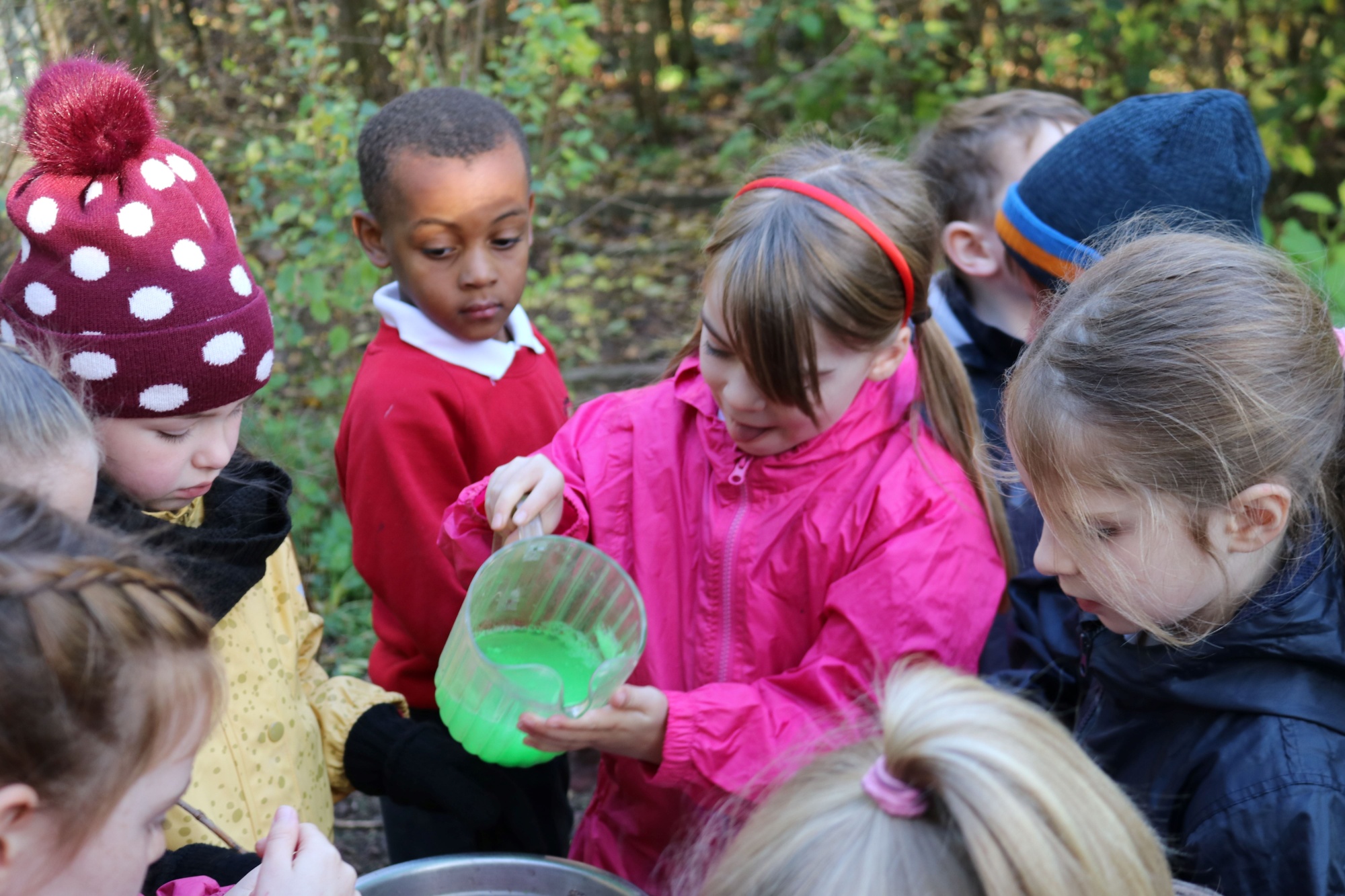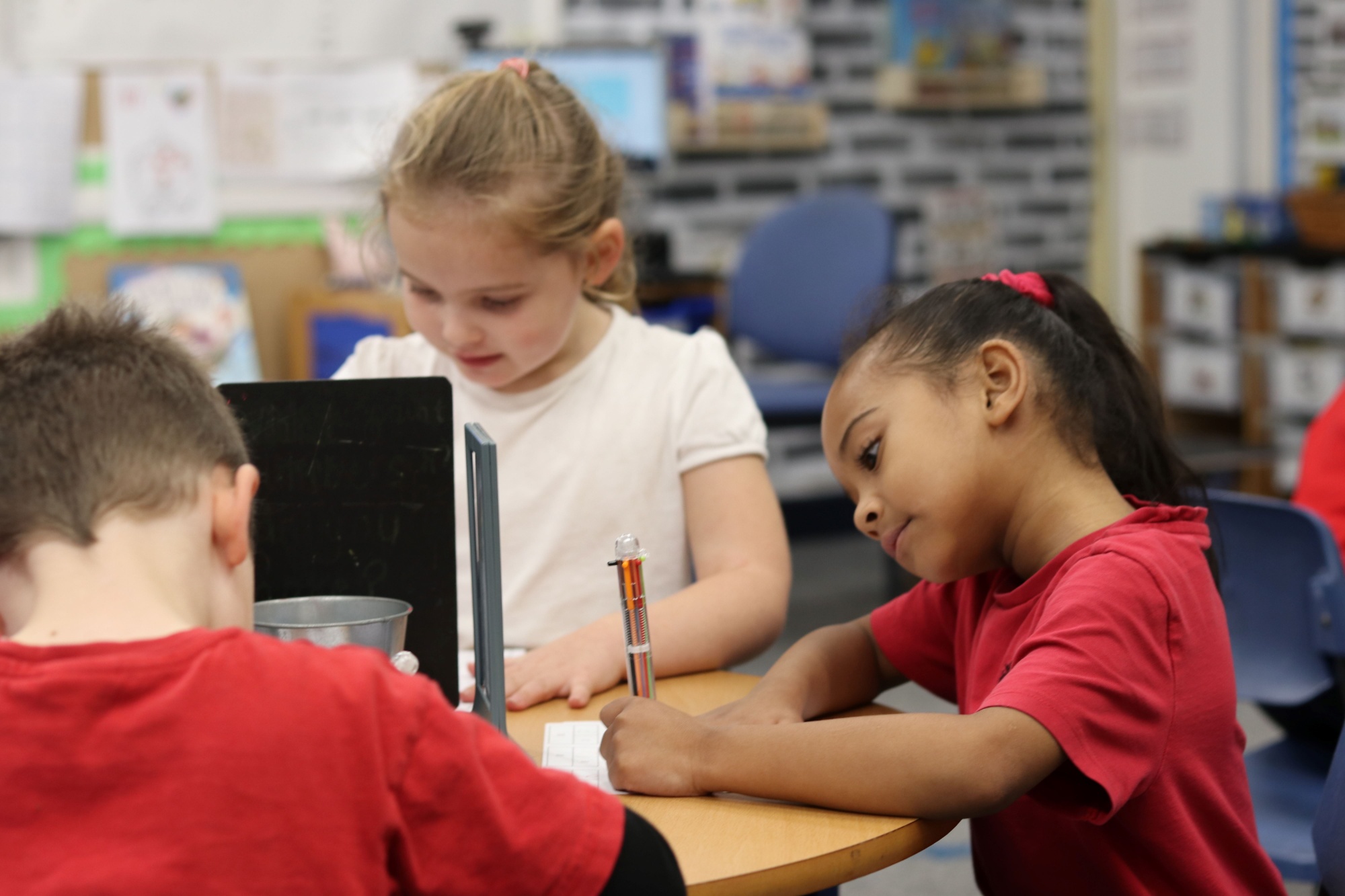Social media and how to handle conflict

The increasingly complex world of social media platforms, require digital competences from parents/carers and our children alike. Whilst children have grown up with social media, parents have more difficulties with them, leading to uncertainties regarding their child's social media mediation. Parents are encouraged to use active mediation focusing on risks and safety on social media.

A little disclaimer... It's important to remember that Facebook and Twitter require everyone to be at least 13 years old before they can create an account. WhatsApp terms require your child be over the age of 16. This includes accounts registered on the behalf of someone under 13.
These terms are set out because the world of social media can be emotionally difficult for some children under these age ranges. We would encourage you to really consider whether allowing your child to post on these platforms is the best way for them to interact with their friends. If you do allow your child to sign up to these sites against the terms, then it's important that you take full responsibility for monitoring your child's posts and what they are reading online very closely.
As a primary school we would always advise children to stay clear of all social media as we feel it requires a higher level of emotional maturity to handle some negative aspects of these sites, however we do understand the pressures parents are under to allow their children to access social media.
If you decide you would like to allow your child to use these platforms, despite the age restrictions, please see some tips on how to keep them safe and mediate any conflict that may occur.
- Be a positive role model – children learn about resolving conflict by observing others.
- Create a safe environment – Allow them to express themselves openly and honestly with you first, without fear of a negative or emotional reaction. Once you are happy, make posts together at first, always setting a good example by being considerate in the language being used.
- Teach them strategies to calm down such as deep breathing, relaxation, exercise, writing, drawing, painting or other expressive activities.
- Work out how they feel – Talk it over to help them identify and process their feelings.
- Help them manage their feelings – Help your child find ways to manage their feelings at the moment such as counting to 10, walking away or blocking anyone you feel isn't a good match for your child.
- Work out what they want – Help them to understand their own needs or motivations. Why they need to post and again, write out posts together before sending.
- Encourage empathy – Help them to figure out what the other child wants and how they might be feeling.
- Monitor posts closely - Ensure you remove anything you feel is inappropriate from your child.
- Walk away from conflict - Don't respond to negative posts in any way and ensure children report anything to you straight away. Rather than engaging in a negative post, block the user immediately and only interact with friends that can be trusted to post kind, sensible posts.
Please enter some content for your news story here.

